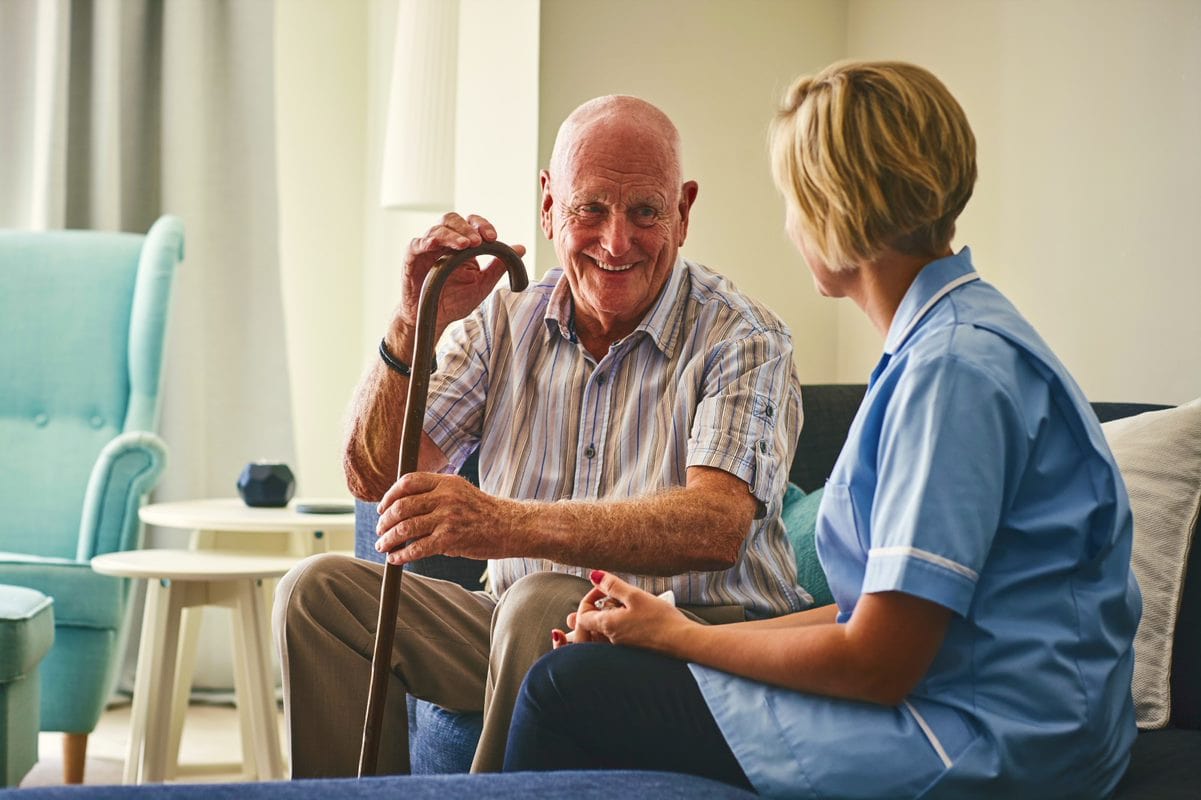COVID-19 advice
The information in this blog is correct as at 29 May 2020. For the most up-to-date Employment Law and Health & Safety advice to support your organisation through the COVID-19 pandemic, visit our Coronavirus Advice Hub, which is updated daily and contains a variety of free guidance notes, letter templates, checklists, risk assessments and more.
On 28 May, the government introduced a new “Test and Trace” service to ensure that anyone who develops symptoms of COVID-19 can be quickly tested and trace those who have had close recent contact with anyone who tests positive.
As the service could have significant implications for employers, the government has published accompanying workplace guidance for employers, businesses and workers, which reinforces the recent messaging about making sure workplaces are “COVID secure”.
Who should self-isolate?
With test and trace capabilities in place, the circumstances under which workers should self-isolate are now as follows:
- They have coronavirus symptoms and are awaiting a test result.
- They have tested positive for coronavirus.
- They are a member of the same household as someone who has symptoms or has tested positive for coronavirus.
- They have been in close recent contact with someone who has tested positive and received a notification to self-isolate from NHS Test and Trace.
Employees who fall into any of the above categories should work from home if feasible and health permitting, otherwise they would be treated as being off sick. As a minimum, they would qualify for statutory sick pay (SSP) from day one of absence or company sick pay depending on the rules of your contractual scheme.
What happens if there is an outbreak in the workplace?
The test and trace guidance states that if multiple cases of COVID-19 appear in a workplace, an outbreak control team from either the local authority or Public Health England will, if necessary, be assigned to help employers manage the outbreak. Employers should seek advice from their local authority if necessary.
The guidance also gives details as to how contact tracing with co-workers will take place. The service will follow up with people who need to self-isolate because they have had close recent contact with a colleague who has tested positive for the virus. This will be done using dedicated contract tracing staff and, in the fullness of time, a new COVID-19 app.
However, in the first instance, individuals who develop symptoms and order a test are encouraged to alert anyone who they had close contact with in the 48 hours prior to them developing symptoms. If this includes people they work with, they may wish to (but are not obliged to) ask their employer to alert co-workers. At that stage, close contacts should not self-isolate, but they must avoid high-risk individuals and take extra care to practice social distancing and good hygiene.
What if an employee tests positive for COVID-19?
If the person with symptoms then tests positive for COVID-19, they will be asked to share information about recent close contacts. Those close contacts will then be contacted by the NHS Test and Trace service and will receive a formal notification (either a phone call, letter, email or text) setting out how long they need to self-isolate for.
Workers can then use this notification to inform their employer that they have been told to self-isolate and, in turn, employers can ask for copies of the notification as evidence of sickness, especially if you are planning to claim a rebate for SSP.
Under the new Coronavirus Statutory Sick Pay Scheme, any SSP paid since 13 March for the first 14 days of absence due to COVID-19 can now be claimed back through an online portal.
Special considerations apply if the close contacts work in, or have recently visited, one of the following settings:
- A health or care setting, for instance a hospital or care home;
- A prison or other secure establishment;
- A school for children with special needs; or
- Any setting where there is a risk of a local outbreak.
Are the rules the same across all settings?
Special considerations apply if the close contacts work in, or have recently visited, one of the following settings:
- A health or care setting, for instance a hospital or care home;
- A prison or other secure establishment;
- A school for children with special needs; or
- Any setting where there is a risk of a local outbreak.

In these circumstances, the contact tracing process will be escalated to local public health experts, who will liaise as necessary with the manager of the relevant setting.
Is the system different in Scotland?
In Scotland, the new system is called “Test and Protect” and works in a similar fashion to the process in England, although at this stage Scotland are not looking to complement their contact tracing teams with an app. If someone has been within two metres of an infected person for a period of 15 minutes or longer, they will be contacted by the Test and Protect scheme and asked to self-isolate. This would be treated as sick leave as described above.

James Tamm
Director of Legal Services
Expert Comment
You can imagine how these new rules could cause a great deal of disruption for employers. If one person in your workplace tests positive for the virus, then anyone they had “close recent contact” with will now also be expected to self-isolate. At a stroke, that could mean a large proportion of your workforce off sick for 14 days, so you should start your contingency planning now to mitigate against the operational difficulties that may arise.
Got staff and safety questions regarding COVID-19?
Thousands of employers are already utilising our free Coronavirus Advice Hub to manage their Employment Law and Health & Safety challenges quickly and compliantly and support their return-to-work plans.
